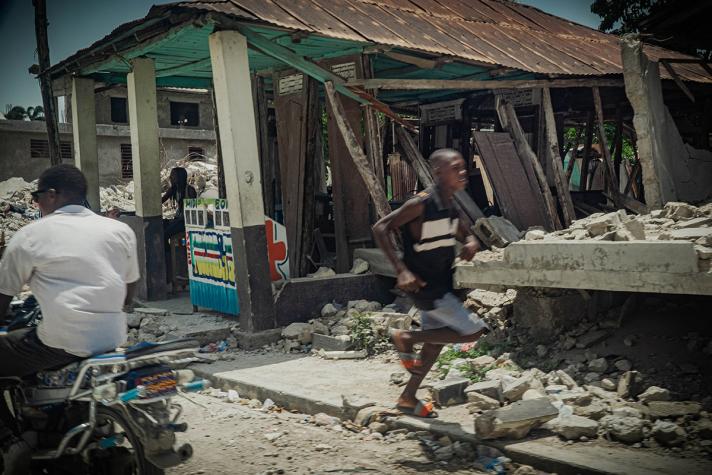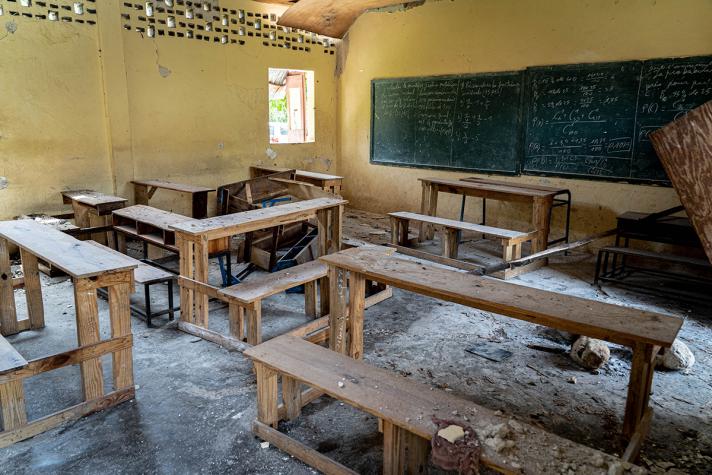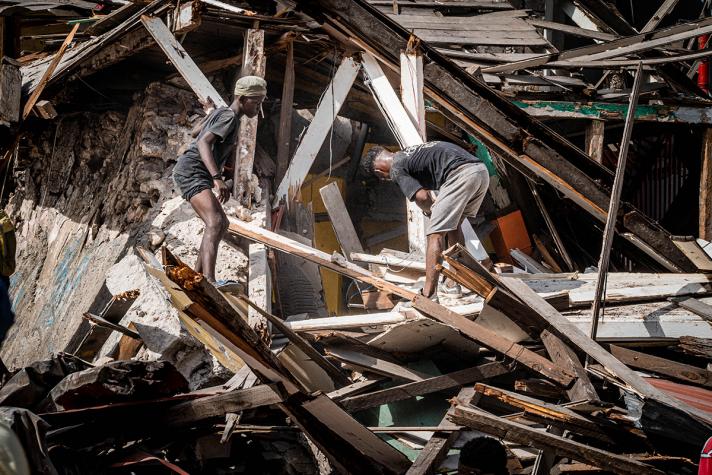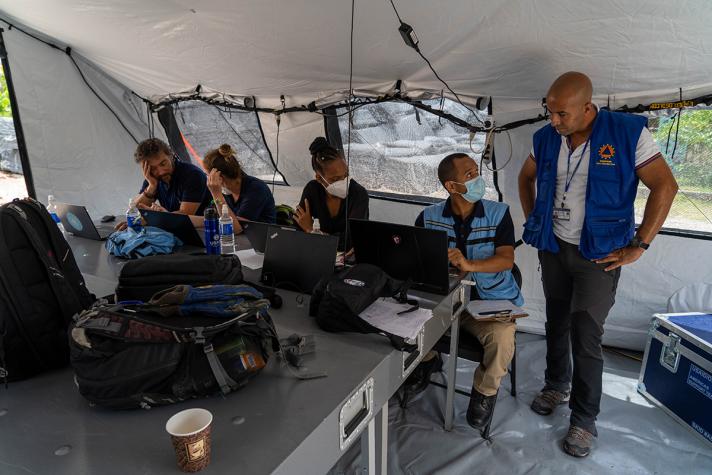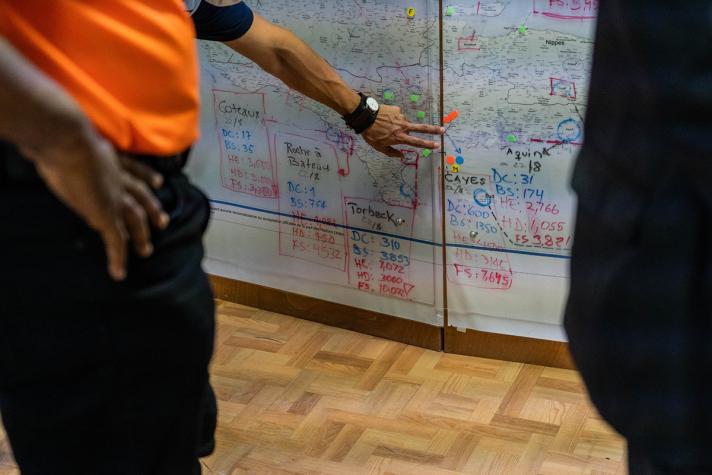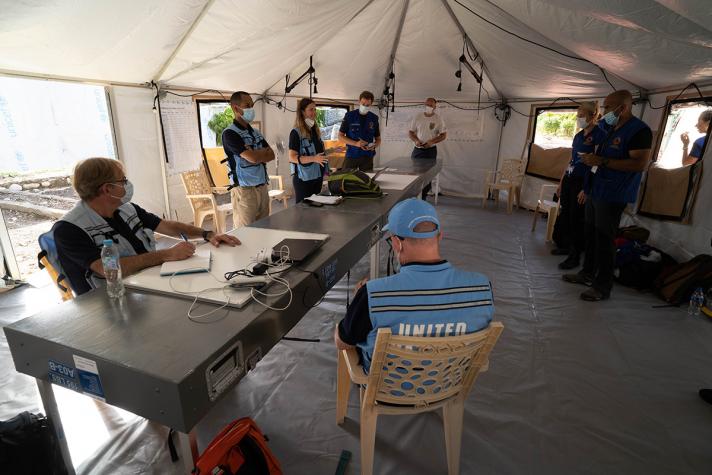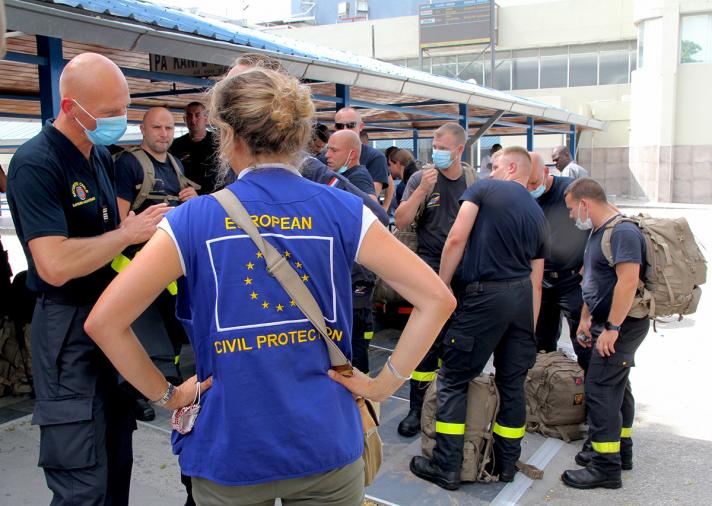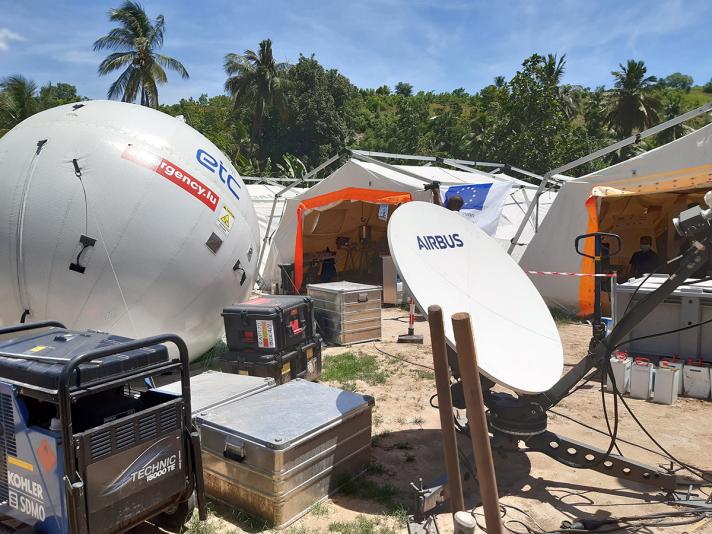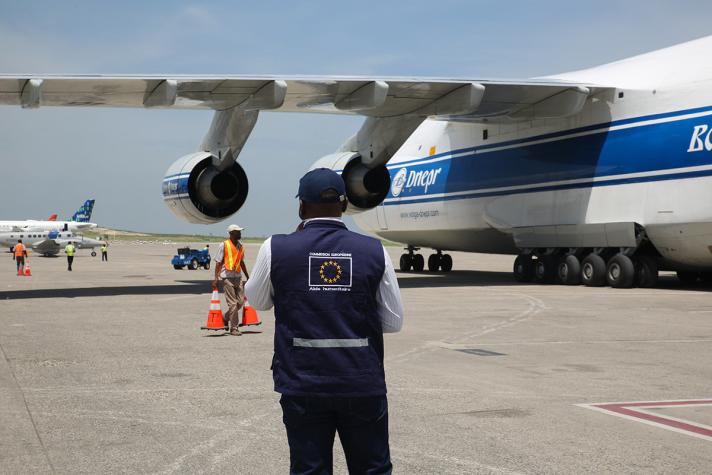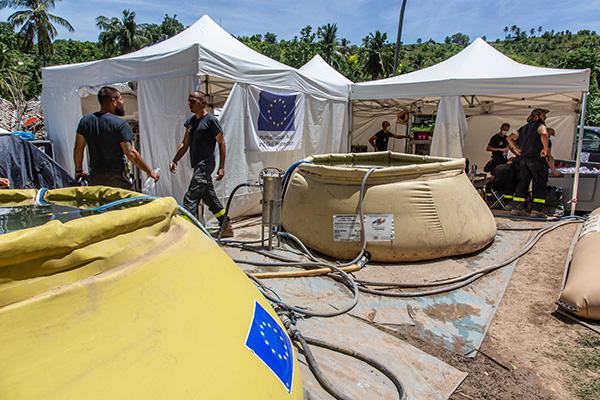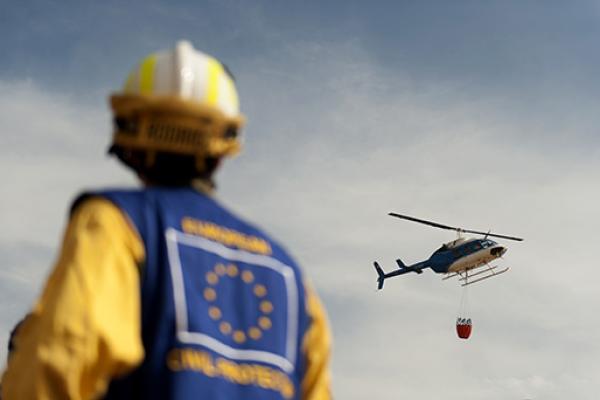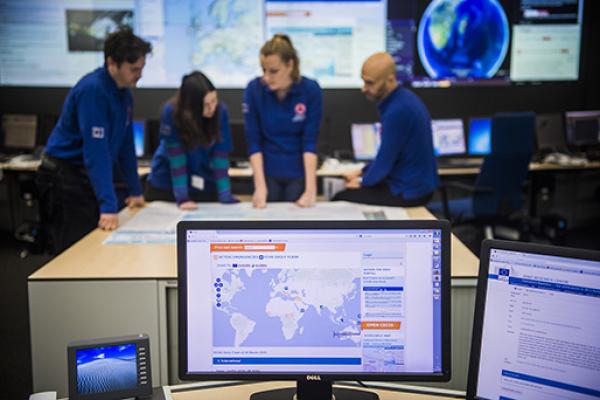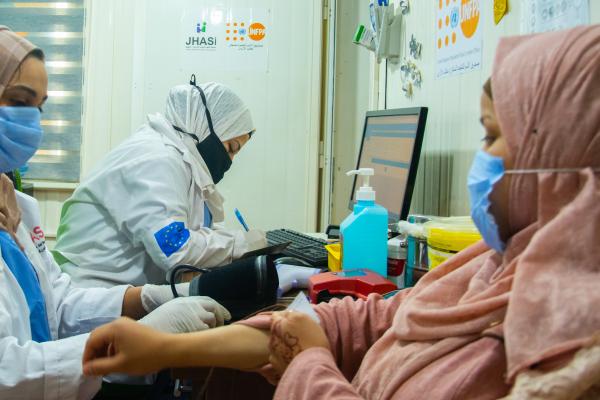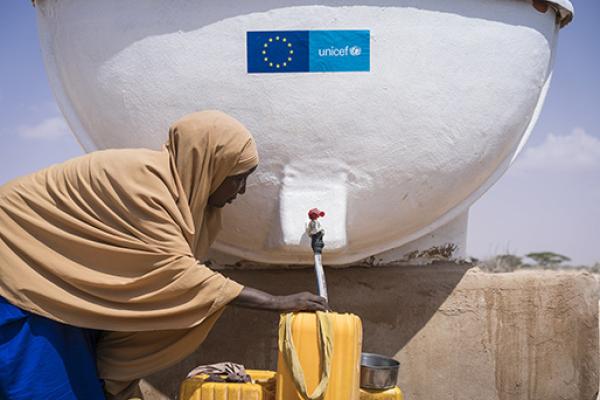On 14 August 2021, a 7.2-magnitude earthquake hit south-western Haiti, destroying many homes and damaging vital infrastructure.
The quake killed more than 2,200 people and injured over 12,500. In addition, some 329 people went missing and left many more with disabilities. It was a serious blow to the humanitarian situation of a country already facing major needs.
The earthquake made reaching the affected departments extremely challenging. Most roads were either damaged or made inaccessible by the gangs controlling the main route out of the capital city Port-Au-Prince.
The EU released emergency funding of €3 million to respond to the most urgent needs. It activated the EU Civil Protection Mechanism, channelling emergency teams and equipment from France, Luxembourg, The Netherlands, Spain, Norway, and Sweden.
Thanks to EU funding, the United Nations Office for the Coordination of Humanitarian Affairs (OCHA) was among the first humanitarian partners to mobilise and provide support to guarantee a rapid and coordinated response between humanitarian actors and Haiti's civil protection.
Story and photos by OCHA and Daniele Pagani, Regional Information Officer for Latin America and the Caribbean, EU Civil Protection and Humanitarian Aid Operations.
Publication date: 14/08/2022

